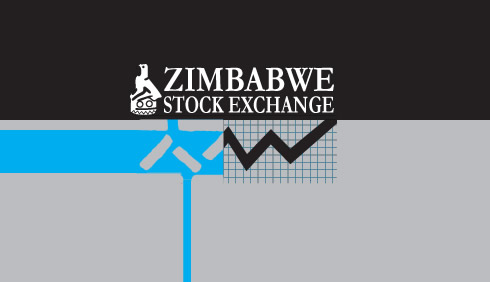The demutualisation of the Zimbabwe Stock Exchange is facing a fresh hurdle with six non-participating members said to be demanding substantial shares in the new entity.
The ZSE is in the process of transforming itself into a company limited by shares and at the same timeupdating its member rules and Listing Requirements to synchronise them with the Securities Act.
Under a recommendation yet to be approved, Government will own 54 percent shareholding in the new company while the remaining stake would be distributed among stockbrokers.
While the distribution formula is being worked on, it has emerged that some non-practising stockbrokers have demanded a substantial stake on strength they purchase proprietary rights. Furthermore, the non-practising stockbrokers contend they have been paying quarterly fees to the exchange and therefore lay claim to the assets of the exchange.
But what has riled other stockbrokers is the amount of shares the non-members are demanding despite not contributing to the brokerage fees, market sources said yesterday. The non-paying members include Trudy Chashel and Mr Mike van Bleck.
"At some point, the ZSE wanted to deregister them but they failed after the High Court ruled against the stock exchange and they seem to be riding on that," said one source.
"They have kept on paying fees and on that strength, they need to be allocated some shares."
Last year stockbrokers had a misunderstanding with Government over the ownership of the exchange, arguing that since they pay proprietary rights then they are entitled to be owners of the exchange. However, experts say purchasing the proprietary rights does not translate to ownership but gives the brokers the right to use the exchange and make a profit out of it.
ZSE operations executive Mr Martin Matanda yesterday said while the demutualisation process was progressing, he was not aware of how the shares would be allocated among brokers. Chief executive Mr Alban Chirume was said to be out of the country.
"I have not been told of how the shares will be allocated . . . maybe talk to the CEO," said Mr Matanda.
Securities Exchange Commission of Zimbabwe chief executive Mr Alban Chirume said the demutualisation would proceed despite emerging "controversies".
Recently, Mr Chirume said the demutualisation of the exchange would be completed by end of year but the new entity would not immediately list. The listing would not be looked at immediately but would be considered in the medium to long term.
Under the processes of demutualisation, the ZSE will be corporatised first where it would change its name to ZSE (Private) Limited although Government will be 100 percent shareholders.
Soon after the corporatisation, there will be a capital raising, which will bring in Government-related institutions for the majority stake (in this case of around 54 percent) while the stockbrokers, the public and/or a strategic partner will take up the rest.
Once demutualisation is complete the exchange can now democratise and create a second-tier exchange or more exchanges.
Globally, the first stock exchange to demutualise was the Stockholm Stock Exchange in 1993.
Today, all major stock exchanges around the world such as those in India, Malaysia, Hong Kong, Singapore, Japan, Germany, Australia, US and UK operate on the basis of demutualisation.
- herald
 Concern over Masvingo black market
Concern over Masvingo black market  Kenya declares three days of mourning for Mugabe
Kenya declares three days of mourning for Mugabe  UK's Boris Johnson quits over Brexit stretegy
UK's Boris Johnson quits over Brexit stretegy  SecZim licences VFEX
SecZim licences VFEX  Zimbabwe abandons debt relief initiative
Zimbabwe abandons debt relief initiative  European Investment Bank warms up to Zimbabwe
European Investment Bank warms up to Zimbabwe  Young Investment Professional (YIP) Graduate Programme 2019
Young Investment Professional (YIP) Graduate Programme 2019 











 Young Investment Professional (YIP) Graduate Programme 2019
Young Investment Professional (YIP) Graduate Programme 2019
Editor's Pick